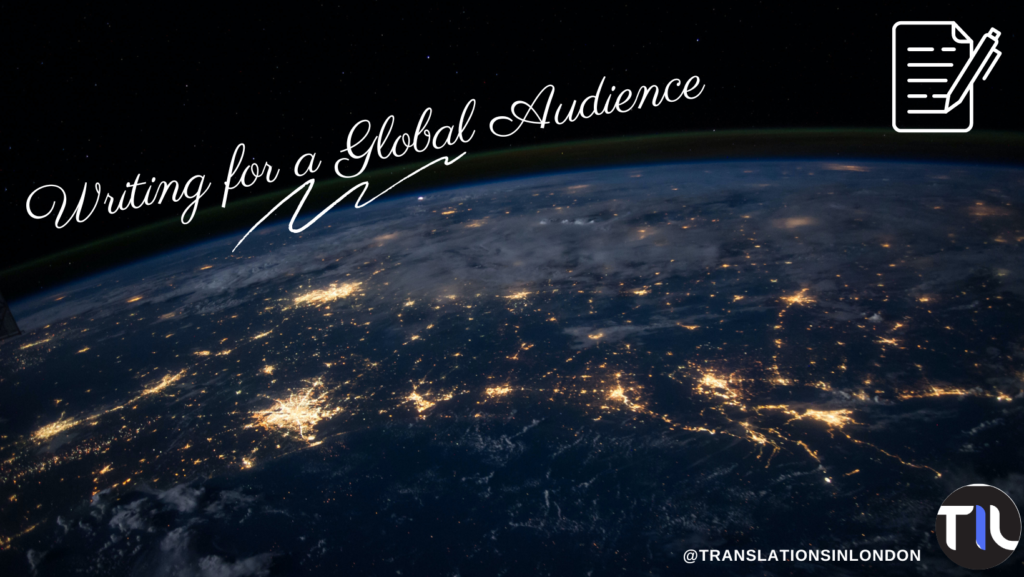
However, do authors fully take into account the fact that their documents may not only be read by non-native speakers but also potentially translated into multiple languages?
Imagine addressing a multilingual and multicultural audience. What mistakes should you avoid? What jokes would be universally appropriate? Here is an initial (though not exhaustive) guide to writing for an international audience.
First and foremost, strive for utmost clarity in your communication. It is advisable to steer clear of colloquial words, slang, and ambiguous expressions. Additionally, be cautious of typographical errors and grammar mistakes, as they can lead to additional confusion. Do not assume prior knowledge or understanding, especially when it comes to abbreviations and acronyms, as they should be explicitly explained and clarified within the relevant context.
Keep in mind that an error in one language can have implications in up to 15 different languages when translated.
To ensure effective communication, it is crucial to consider our target audience. For example, when translating instructions, the language should be consumer-friendly and not overly technical.
Maintaining consistent style is important when writing for marketing purposes. Creating a style guide and glossaries can be immensely helpful. These resources can be shared with your translation agency and provided to the translator for reference. They may also be reproduced for other languages as necessary.
When it comes to translating product names and slogans into other languages, the decision rests with you, not the translator.
A valuable piece of advice from a web developer is to be aware that different languages can result in varying sentence lengths. Keep this in mind, and if necessary, inform your translator about any character limitations.
For further insights, you can visit this website:
To ensure clarity, it is essential to avoid ambiguity. Use pronouns only when necessary, and don’t hesitate to restate the subject if needed.
Lastly, authors and translators (agencies) should strive for a collaborative relationship. We recommend engaging in dialogue with an agency or translator(s) to ensure mutual understanding and alignment.
We always appreciate feedback, particularly when it is constructive. Feel free to provide critiques, as translators should be open to dialogue and improvement.
Are you ready to expand globally? Reach out to us via email today, and let’s take the next steps together.